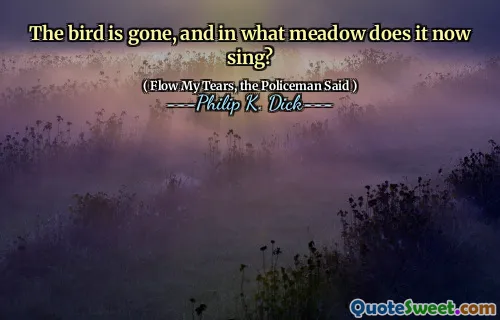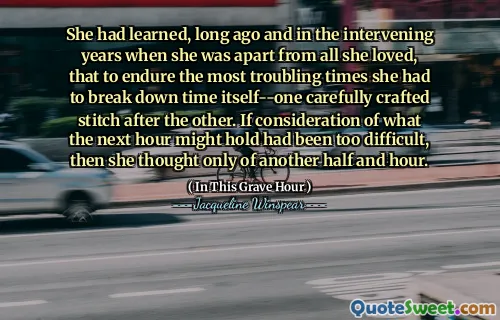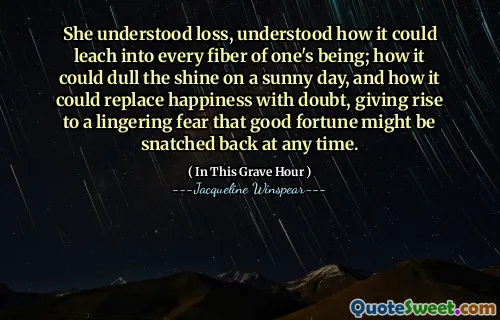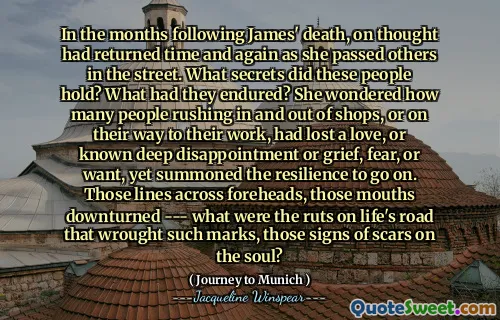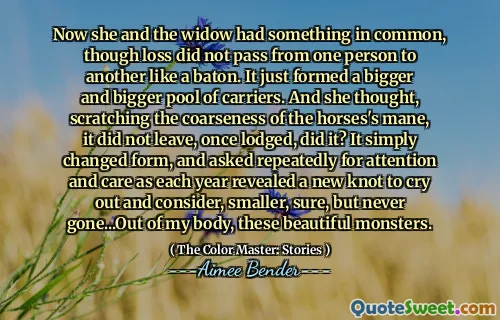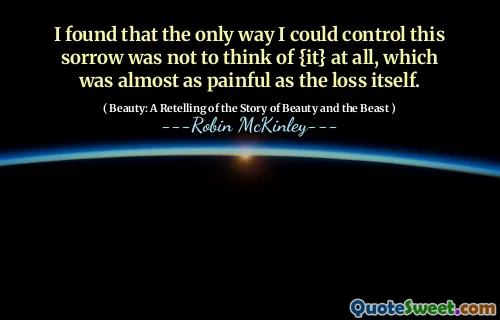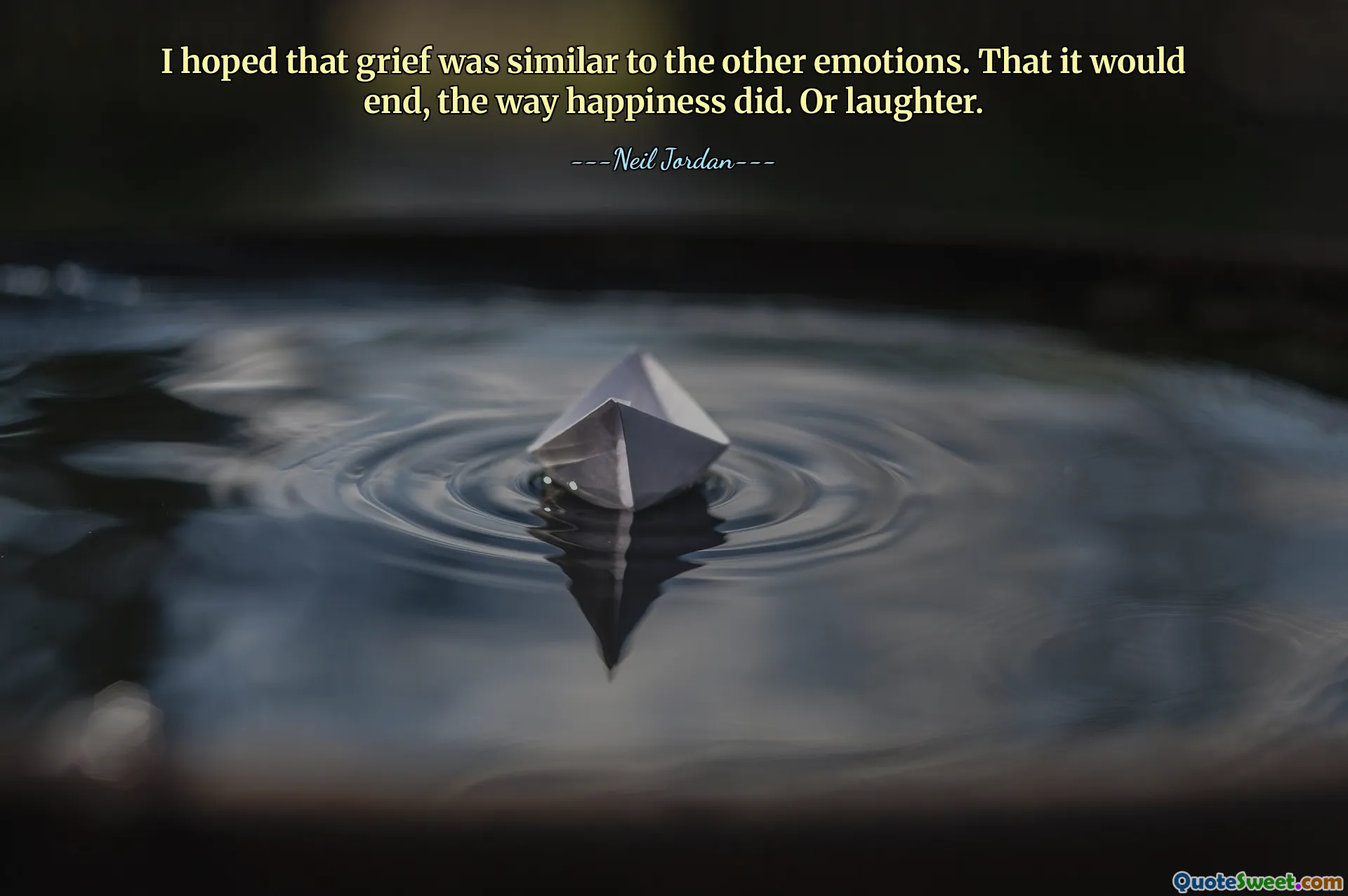
I hoped that grief was similar to the other emotions. That it would end, the way happiness did. Or laughter.
This quote resonates deeply with the universal human experience of grieving. At first glance, it expresses a yearning for grief to be a temporary state, much like happiness or laughter, which are often seen as fleeting moments that come and go. The underlying hope reflects a common misconception that negative emotions are transient and can be easily dissolved over time. However, grief often defies this expectation, lingering long after the initial pain or sorrow has subsided, embedding itself into the fabric of everyday life.
What makes this reflection compelling is its honesty about the complex nature of emotional pain. Unlike other feelings that might fade with positive stimuli or time, grief can become intertwined with one’s identity, memories, and perceptions. The comparison to happiness and laughter highlights the stark contrast—while moments of joy can be fleeting, grief can persist, sometimes manifesting in subtle ways, such as nostalgia or lingering sadness.
This quote also hints at a human desire for closure and the hope that emotional suffering might be manageable or even brief. It underscores our denial of the enduring, sometimes stubborn, nature of certain feelings. Recognizing that grief does not follow a predictable pattern can be both comforting and challenging, as it pushes us to accept the ongoing process of healing without a set timetable. Overall, it reminds us that emotions, especially grief, require patience, understanding, and acceptance of their imperfect, often non-linear, journey.






